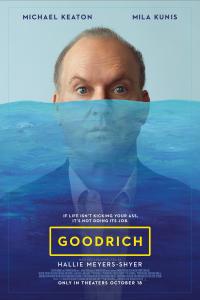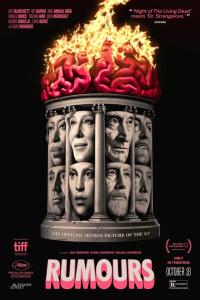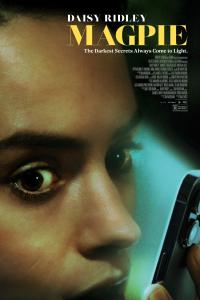Torrent details for "Emotional Abuse: A Manual for Self-Defense by Zak Mucha EPUB" Log in to bookmark
Controls:
Language:
 English
EnglishTotal Size:
329.39 kB
Info Hash:
a6959e5870d763b13ed31cfdd869dc313a33952d
Added By:
Added:
09-07-2019 01:42
Views:
574
Health:

Seeds:
1
Leechers:
0
Completed:
47
Thanks for rating :
p751 (5),
(5),
p751
xx
Emotional Abuse: A Manual for Self-Defense by Zak Mucha EPUB
From Joel Dvoskin, PhD: “But what happens when no one has the courage to intervene, to prevent the pain of another? While Zak Mucha’s explanation of the harms of emotional abuse is useful, it pales in comparison to his wisdom in teaching us emotional self-defense. Learning to protect ourselves from emotional abuse changes everything. The victim no longer has to hope for the kindness of strangers, or that the abuser will simply get tired of their verbal assaults.”
Like any self-defense, we have to first identify “what hurts”. We have to recognize our own pain. We have been socialized to believe emotional abuse is not serious. We have been taught emotional abuse itself is nothing more than “hurt feelings” and there is no “real” evidence other than the victim’s complaints. And if the only evidence is the victim’s complaints, we wrongly justify, there is no way to verify whether a person was “actually hurt”.
The victim of emotional abuse is dismissed precisely because he or she cannot “prove” his or her feelings. Emotional abuse creates a vicious dynamic where the victim is taught his or her feelings do not count and any pain suffered is, somehow, his or her own fault. Like any other abuse, emotional abuse is about power. Whoever can define reality has the ultimate power. In emotional abuse, the aggressor attempts to define reality with statements like “you’re too sensitive” and “I couldn’t help it. You made me mad.” Each statement is an attempt to shape how another person perceives reality. Our self-defense depends on our willingness to identify the boundaries that define who we are and the criteria we desire for relationship. In doing this, we can defend ourselves and define ourselves.
xx
Emotional Abuse: A Manual for Self-Defense by Zak Mucha EPUB
From Joel Dvoskin, PhD: “But what happens when no one has the courage to intervene, to prevent the pain of another? While Zak Mucha’s explanation of the harms of emotional abuse is useful, it pales in comparison to his wisdom in teaching us emotional self-defense. Learning to protect ourselves from emotional abuse changes everything. The victim no longer has to hope for the kindness of strangers, or that the abuser will simply get tired of their verbal assaults.”
Like any self-defense, we have to first identify “what hurts”. We have to recognize our own pain. We have been socialized to believe emotional abuse is not serious. We have been taught emotional abuse itself is nothing more than “hurt feelings” and there is no “real” evidence other than the victim’s complaints. And if the only evidence is the victim’s complaints, we wrongly justify, there is no way to verify whether a person was “actually hurt”.
The victim of emotional abuse is dismissed precisely because he or she cannot “prove” his or her feelings. Emotional abuse creates a vicious dynamic where the victim is taught his or her feelings do not count and any pain suffered is, somehow, his or her own fault. Like any other abuse, emotional abuse is about power. Whoever can define reality has the ultimate power. In emotional abuse, the aggressor attempts to define reality with statements like “you’re too sensitive” and “I couldn’t help it. You made me mad.” Each statement is an attempt to shape how another person perceives reality. Our self-defense depends on our willingness to identify the boundaries that define who we are and the criteria we desire for relationship. In doing this, we can defend ourselves and define ourselves.
xx














































